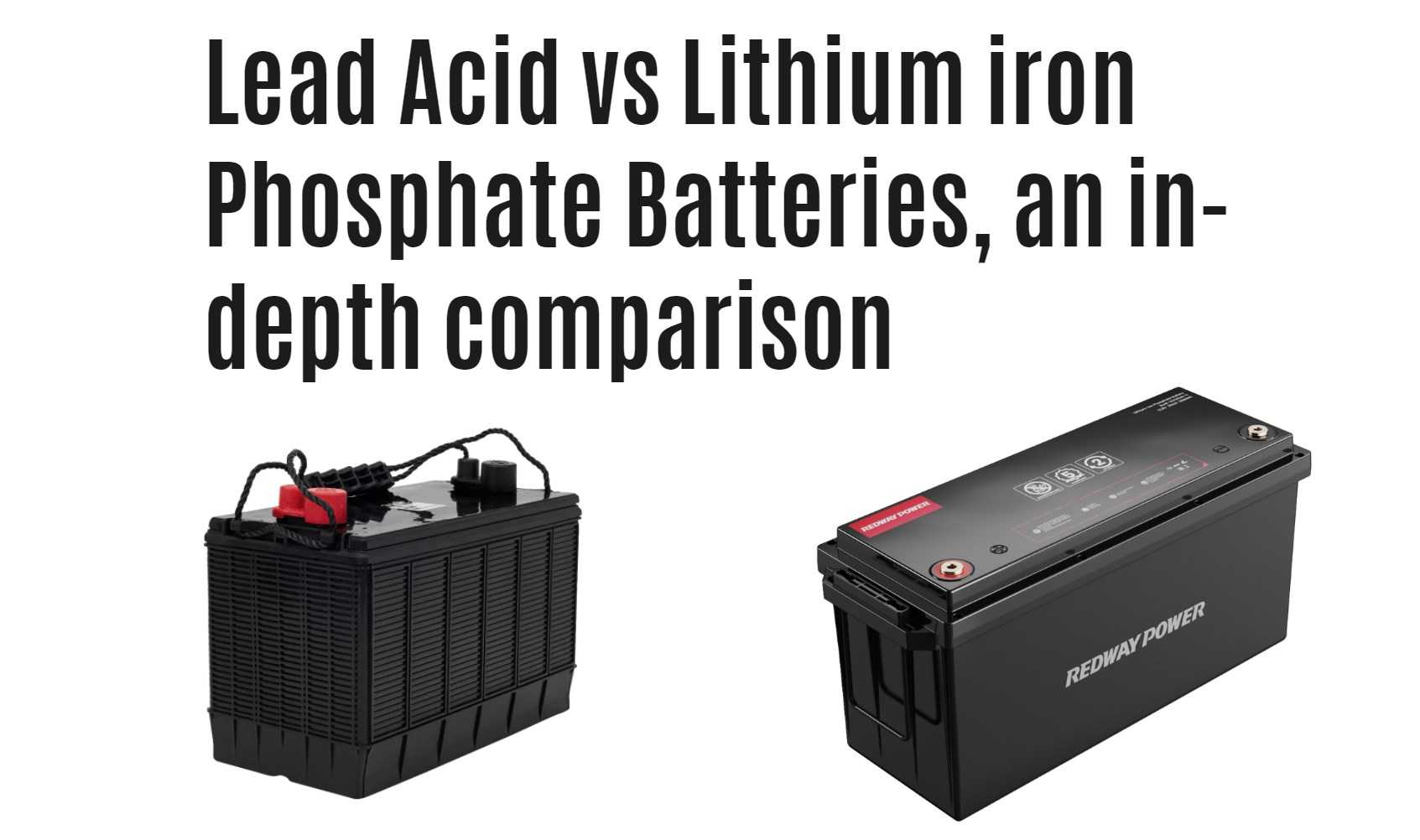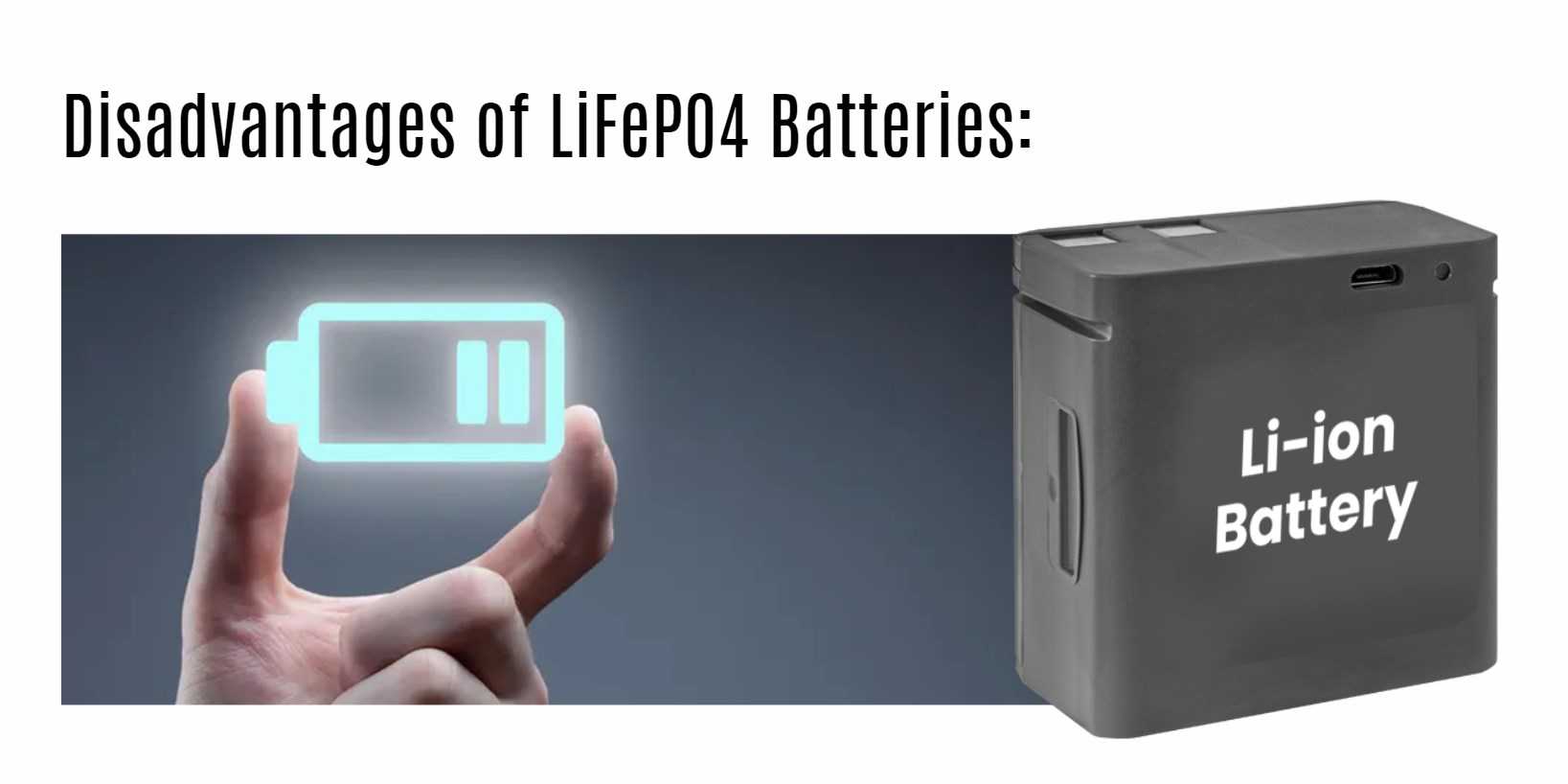Batteries are an essential component of many modern-day applications, ranging from small electronic devices to large-scale industrial systems. Two common types of batteries used in various applications are lead-acid batteries and lithium iron phosphate (LiFePO4) batteries. In this article, we’ll take an in-depth look at the advantages and disadvantages of each battery type and compare them to help you choose the right battery for your needs.
Lead-Acid Batteries
Lead-acid batteries are the oldest and most widely used battery technology, with a history dating back to the mid-19th century. They are commonly used in automotive, marine, and stationary applications, such as backup power systems.
Advantages of Lead-Acid Batteries:
- Lower initial cost: Lead-acid batteries are relatively inexpensive to manufacture and therefore have a lower initial cost than other battery types.
- Familiarity: Because lead-acid batteries have been around for so long, they are a well-known and established technology. This means that there is a vast knowledge base and support infrastructure available for these batteries.
- High discharge rates: Lead-acid batteries can provide high power output over a short period, making them suitable for applications that require a sudden surge of power.
Disadvantages of Lead-Acid Batteries:
- Low energy density: Lead-acid batteries have a low energy density compared to other battery types. This means they are relatively heavy and bulky for the amount of energy they can store.
- Shorter lifespan: Lead-acid batteries have a shorter lifespan compared to other battery types, typically around 3-5 years.
- Maintenance requirements: Lead-acid batteries require regular maintenance, including topping up the electrolyte levels and equalizing the cells.
Lithium Iron Phosphate (LiFePO4) Batteries
LiFePO4 batteries are a newer technology, introduced in the early 1990s, and have become increasingly popular in recent years. They are commonly used in electric vehicles, solar power systems, and backup power systems.
Advantages of LiFePO4 Batteries:
- Higher energy density: LiFePO4 batteries have a higher energy density than lead-acid batteries, meaning they can store more energy in a smaller and lighter package.
- Longer lifespan: LiFePO4 batteries have a longer lifespan than lead-acid batteries, typically lasting around 10 years or more.
- Low maintenance: LiFePO4 batteries require little to no maintenance, making them an ideal choice for applications where regular maintenance is not possible or desirable.
Disadvantages of LiFePO4 Batteries:
- Higher initial cost: LiFePO4 batteries have a higher initial cost than lead-acid batteries, which can make them less appealing for some applications.
- Lower discharge rates: LiFePO4 batteries have a lower discharge rate than lead-acid batteries, meaning they may not be suitable for applications that require a sudden surge of power.
- Safety concerns: While LiFePO4 batteries are generally considered safe, they can be prone to thermal runaway if not properly managed, which can lead to fire or explosion.
Conclusion:
Both lead-acid and LiFePO4 batteries have their advantages and disadvantages, and the right battery for you will depend on your specific needs and requirements. If you are looking for a reliable and low-maintenance battery with a long lifespan, then LiFePO4 batteries may be the better choice. However, if you are on a budget and need a battery that can provide high power output over a short period, then lead-acid batteries may be a more suitable option. Redway Power produces 12V Series Lithium Iron Phosphate Battery (LiFePO4 Battery) that has vast applications in RV, Sightseeing Carts, Marine, Scooters, Tricycles, Emergency lighting.






